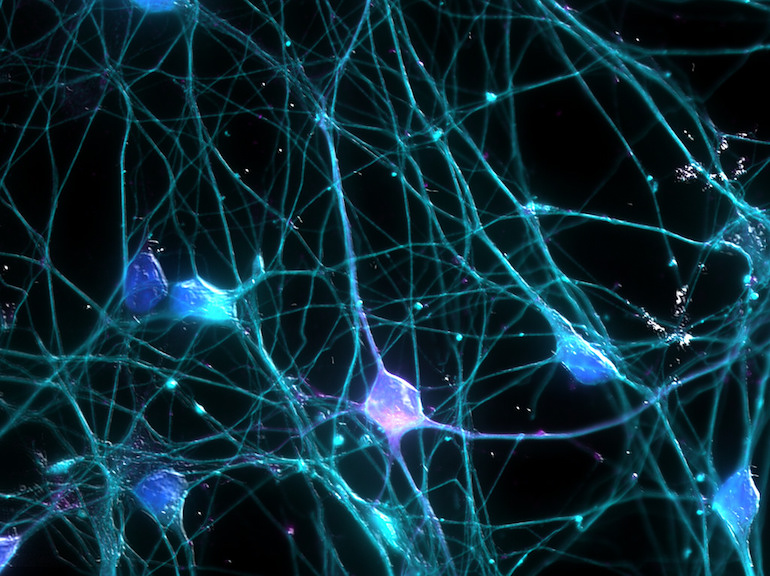Epilepsy is characterized by recurrent seizures, often with no immediately obvious cause. In the August issue of G3, Ferland et al. use a genome-wide association study in mice to show that after multiple seizures, the genetic basis of seizure variation shifts from previously identified genomic regions to new ones. This research shows that the genetic causes of initial seizures and the progression of epilepsy may be distinct.
Having a seizure changes brain physiology and alters its cellular environment, which can affect how genes are activated. To identify genetic regions that are involved in repeated seizures, the authors used fifty-eight genetically variable mouse strains. For eight consecutive days, they exposed these mice to a seizure-inducing chemical and measured how long it took the mice to have a generalized seizure. As expected, this time decreased as the days went on. They then let the mice rest for twenty-eight days before inducing a final seizure.
The team then identified variants associated with the time to seizure onset. Mice with the shortest time before seizure onset on the first day carried variants at Szs1 and Szs6 that had been previously associated with seizure susceptibility. However, on each passing day, these associations grew weaker. On day three, a new association with time to seizure began to appear, growing stronger until it reached statistical significance on day six. This locus was also associated with seizure susceptibility after twenty-eight days. Clearly, the genetic factors involved change along with brain physiology after repeated seizures.
They named the newly identified locus Epileptogenesis susceptibility factor 1, or Esf1. It may have a function related to calcium signaling in the brain, which is an important molecular mechanism in epilepsy progression. After repeated seizures, the brain tries to adjust itself to increase neuronal stability. Understanding this plastic response and the genes that control it may one day lead to novel epilepsy treatment and management options.
CITATION
Multidimensional Genetic Analysis of Repeated Seizures in the Hybrid Mouse Diversity Panel Reveals a Novel Epileptogenesis Susceptibility Locus
Russell J. Ferland, Jason Smith, Dominick Papandrea, Jessica Gracias, Leah Hains, Sridhar B. Kadiyala, Brittany O’Brien, Eun Yong Kang, Barbara S. Beyer and Bruce J. Herron













